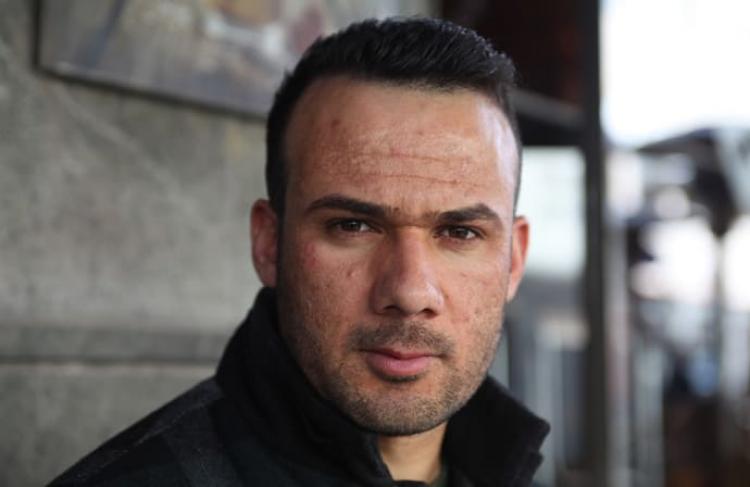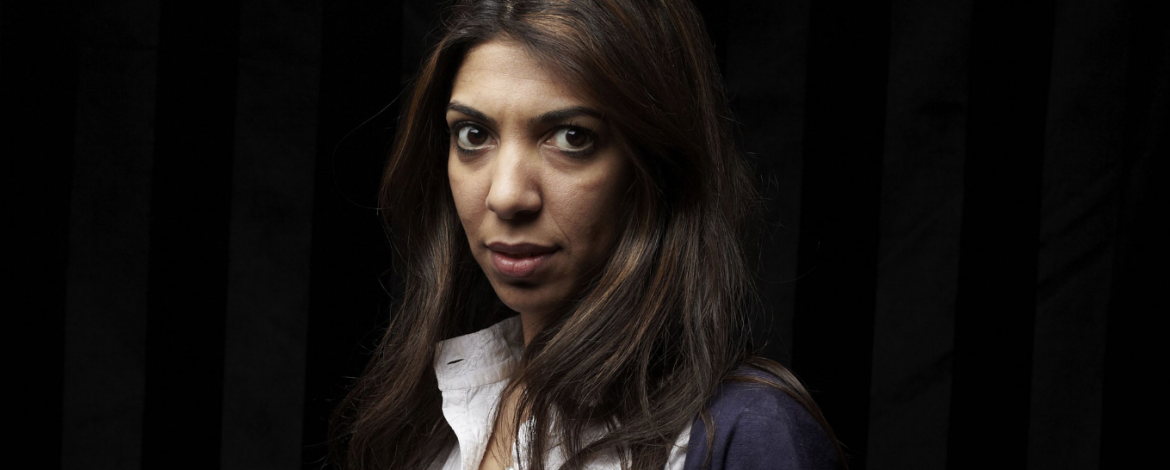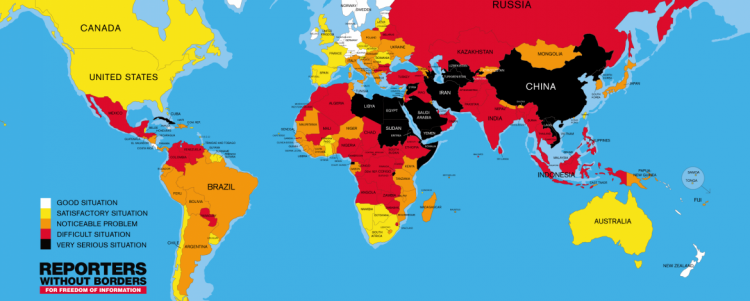Global media freedom at historic low
Article19 and V-Dem Institute launched their report at a press conference in London 30 November, revealing freedom of the media at a historic low level.
According to the report, Turkey has experienced the largest decline in freedom of speech over the past decade, but Brazil, Burundi, Egypt, Poland, Venezuela and Bangladesh have also had a remarkable decline in the diversity and independence of the media, according to the report. Furthermore, independent journalists are under siege in a growing list of supposedly freer countries such as Brazil, Turkey, India and Mexico, but also the UK and the USA.
“For the first time, we have a comprehensive and holistic overview of the state of freedom of expression and information around the world,” said Thomas Hughes, executive director of Article19 in a press release. “Unfortunately, our findings show that freedom of expression is under attack in democracies as well as authoritarian regimes.”
Article19 and the V-Dem Institute have measured freedom of expression in 172 countries between 2006 and 2016 through a metric they have described as the Expression Agenda. This is based on 32 social and political indicators such as media bias and corruption, internet censorship, access to justice, harassment of journalists, and equality for social classes and genders. Article19 documents that journalists are threatened by intimidation, prosecution and even murder in some parts of the world.
"These are worrying, but unfortunately not unexpected results", says Helge Lunde, ICORN’s executive director. “The groundbreaking Article19 report confirms the information we receive from partners like Reporters without Borders and PEN International. Looking at the increase in numbers of applications for refuge in ICORN cities, the picture is not bright. Since 2015, the annual number of applications for ICORN residencies has passed 100, and 2017 already shows to arrive at a record high. Even though ICORN works with a genre-wise wide range of writers, artists and human rights defenders at risk, persecuted journalists still constitute the by far largest group."
The rise of citizen journalists, bloggers and information activists has also put more individuals and groups at risk than ever before. The threats they face include state repression, organised crime, business interests and religious fundamentalism. This also reflects in the number of applications that ICORN receives from bloggers and independent journalists, says Helge Lunde.
The report finds the rise of the internet, which we imagined would contribute to a freer flow of information worldwide, is a large threat to freedom of the media because much of the world’s online content is now regulated by the community standards of a handful of internet companies, whose processes lack transparency and are not subject to the checks and balances of traditional governance. And private communications are being surveilled as never before, as states, including the UK, pass legislation to enable extensive digital surveillance.
Many journalists have found refuge in cities of refuge through the ICORN programme because the danger of performing their work in their home countries.


Latest news
-
28.02.24
-
20.02.24
-
16.02.24
-
09.02.24
-
01.02.24







